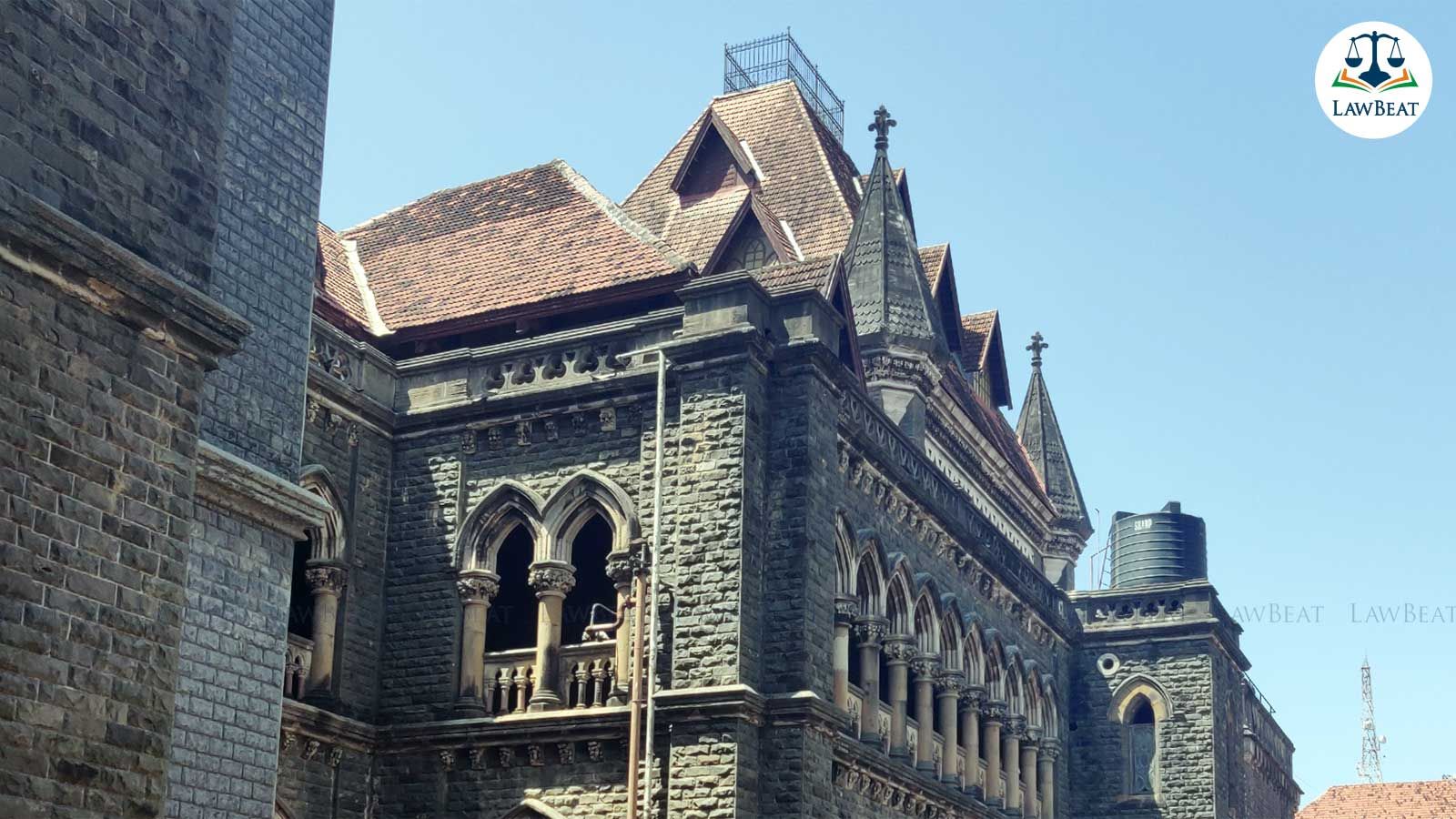Participation of Pakistan Cricket Team In World Cup Held In India Only Because Of Positive Steps of GOI In Interest of Peace & Harmony: Bombay High Court

Qureshi cited the ban imposed by the All Indian Cine Workers Association (AICWA) on all Pakistani actors and artists in the Indian film industry following the Pulwama Attack in 2016. He also referred to various bans enforced by the Federation of Western Indian Cine Employees and the MNS Cinema Wing on Pakistani artists
The Bombay High Court has rejected a petition that called for the issuance of a notification for a complete ban on Indian citizens and entities from engaging in any form of association with Pakistani artists, including cinema workers, singers, musicians, lyricists, and technicians.
The division bench of the Bombay High Court, presided over by Justice Sunil B. Shukre and Justice Firdosh Pooniwalla observed that the participation of the Pakistan Cricket Team in the world cup was made possible due to the positive measures undertaken by the Government of India.
“It may be added here that in the World Cricket Cup being held in India, Cricket team from Pakistan is taking part and this has happened only because of appreciable positive steps taken by the Government of India in the interest of overall peace and harmony in consonance with Article 51 of the Constitution of India which is about promotion of international peace and security. If such a petition is to be entertained by this Court, it would set as at naught the positive initiatives taken by the Government of India in the interest of international peace and harmony,” the order reads.
The division bench was hearing a petition filed by Faaiz Anwar Qureshi, who claimed to be a cinema worker, artist, lyricist, and film producer.
Qureshi sought directions to be issued to the Union of India to take strict penal action on non-compliance of the ban along with the cooperation of the Police.
Qureshi cited the ban imposed by the All Indian Cine Workers Association (AICWA) on all Pakistani actors and artists in the Indian film industry following the Pulwama Attack in 2016. He also referred to various bans enforced by the Federation of Western Indian Cine Employees and the MNS Cinema Wing on Pakistani artists.
Qureshi argued that failure to impose the ban could result in discrimination against Indian artists. He pointed out that a similar favourable environment for working in the Indian film industry, which is made available to Pakistani artists, is not reciprocated for Indian artists working in Pakistan.
He further added that the Pakistan Cricket Team's visit to India might create opportunities for individuals to misuse the sports event by inviting artists from Pakistan. This, in turn, could pose a threat to the opportunities of Indian artists.
The Government Pleader and the counsel for the Union government argued that Qureshi was seeking the government to establish guidelines, which was impermissible, and therefore, the petition was not maintainable.
The division bench commented that Qureshi's perception of patriotism appeared to be misconstrued and went on to state that a true patriot is someone who is selfless and devoted to the cause of their country.
“One must understand that in order to be a patriot, one need not be inimical to those from abroad especially, from the neighboring country. A true patriot is a person who is selfless, who is devoted to cause of his country, which he cannot be, unless he is a person who is good at heart. A person who is good at heart would welcome in his country any activity which promotes peace, harmony, and tranquility within the country and across the border, Arts, music, sports, culture, dance and so on are the activities which rise above nationalities, cultures and nations and truly bring about peace, tranquility, unity and harmony in nation and between nations,” the order reads.
The bench asserted that the ban imposed by the non-statutory organization mentioned by Qureshi could not and should not be enforced through judicial orders. The bench further stated that if these bans and threats, as claimed, were true, they would infringe upon the fundamental rights guaranteed under Articles 19(1)(a), 19(1)(g), and 21 of the Constitution of India, making them manifestly illegal.
Case title: Faaiz Anwar Qureshi vs UOI & Ors.
